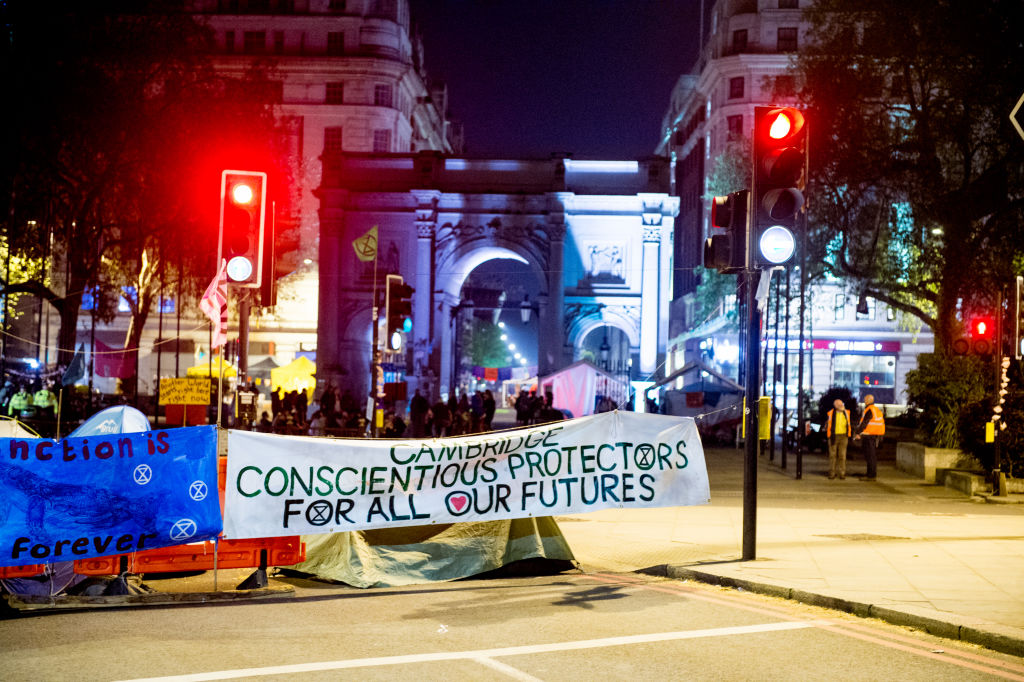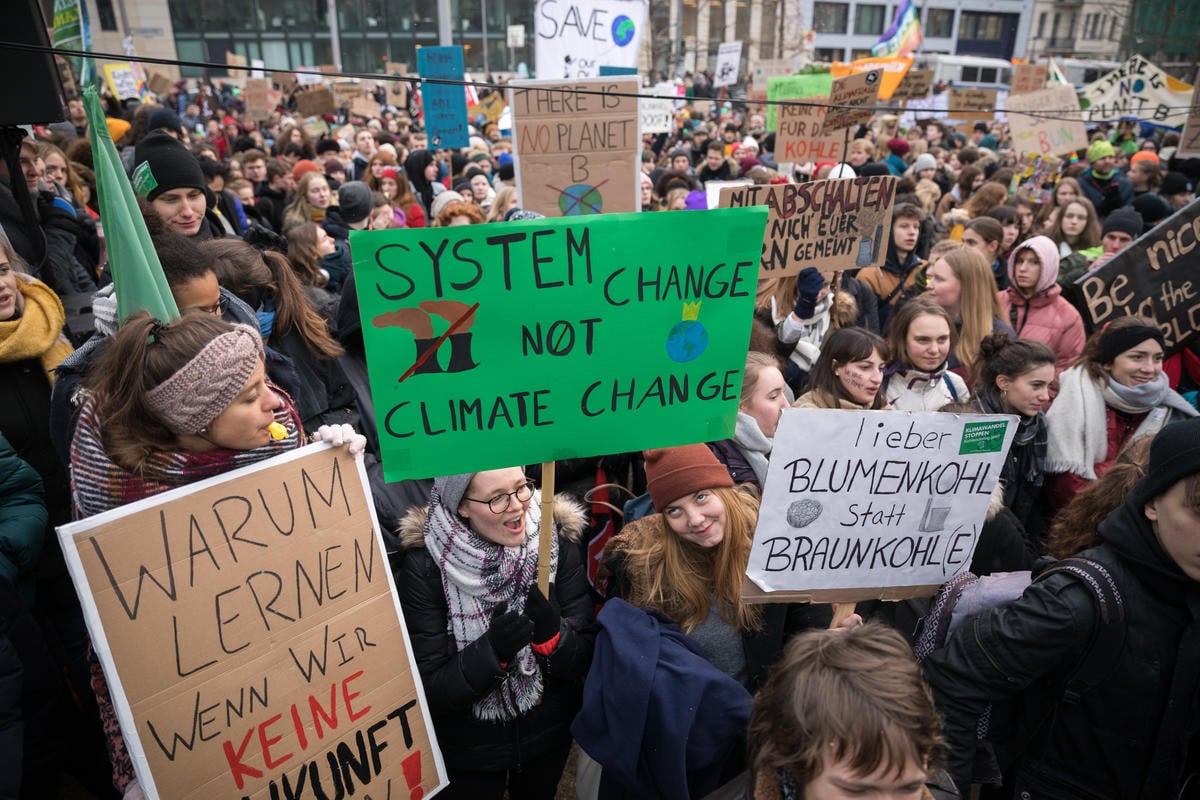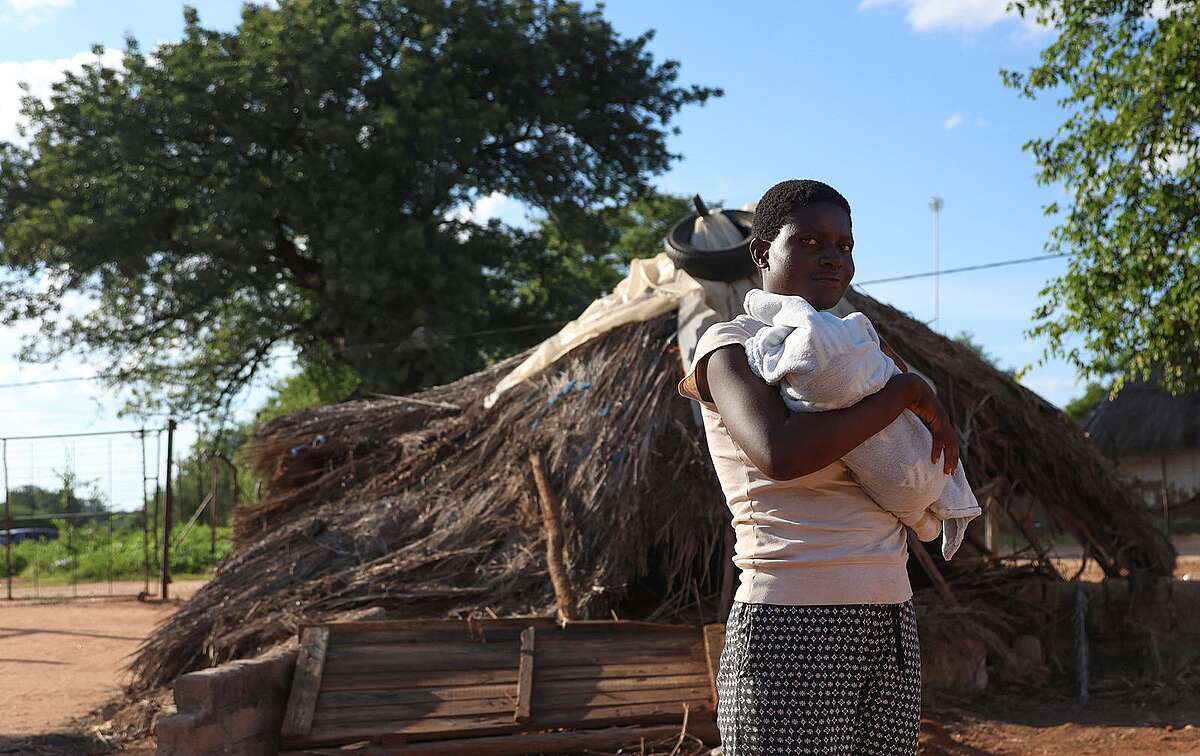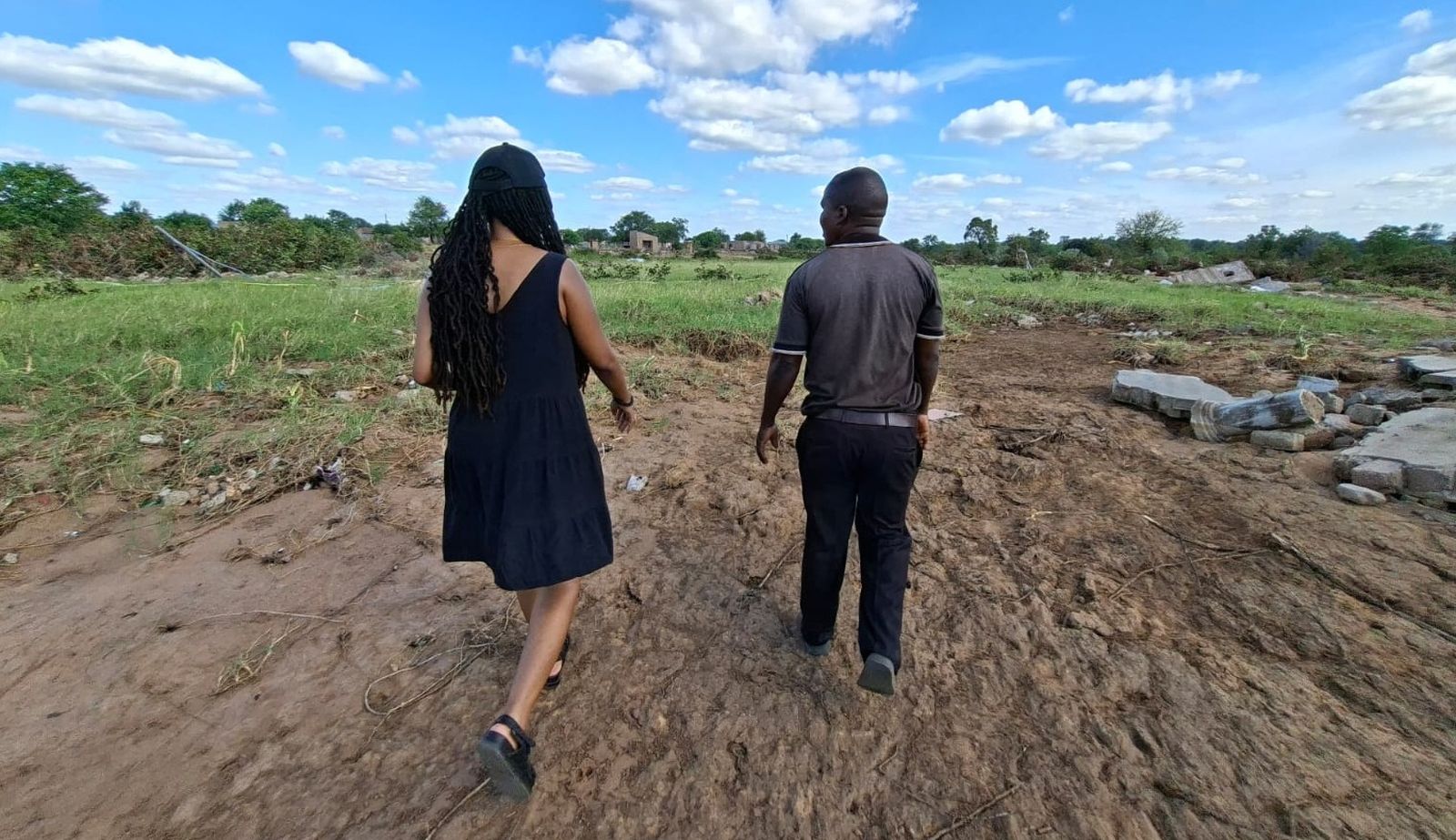On May 1, the British House of Commons became the world’s first national parliament to declare a “climate emergency.” The motion is not binding and may have no effect on government policy, which appears reminiscent of the Paris emissions promises.
Nevertheless, the motion appears significant because the driving force behind this resolution was not an epiphany in the halls of British governance, but rather the Extinction Rebellion protests that closed bridges, occupied public landmarks, disrupted trains, and shut down Central London. Police had arrested over a 1,000 activists, some who had superglued themselves to Shell Oil headquarters and other buildings. The protesters gained international support and demanded a climate crisis response.

Greenpeace published polls showing widespread public support for the protesters and for climate action, even if it required public expense. “The best time to declare a climate emergency was 30 years ago,” said Greenpeace UK political spokesperson, Rebecca Newsom; “the second best time is now.” The Welsh and Scottish governments, the city of London, and other municipalities had already declared a climate emergency in response to the protests. Under such public pressure, the Conservative government approved the Labour Party opposition motion without a vote.
The rise of the Extinction Rebellion movement appears as a fresh escalation of public protest, driven by youth concerns for their future and made possible by the organizing power of electronic communications. The activists sound politically and scientifically sophisticated, armed with clear principles and strong research regarding the state of Earth’s ecosystems.
In October of last year, the non-violent coalition first assembled on Parliament Square in London, declaring a climate “rebellion” against the UK Government. They expected a few hundred people to attend. Almost 2,000 showed up. They announced a peaceful civil disobedience action a few days later, and 6,000 citizens blocked five major bridges across the Thames, planted trees in Parliament Square, and buried a coffin representing their threatened future. Extinction Rebellion groups quickly sprang up in Spain, Australia, Canada, Solomon Islands, South Africa, India, and in the US.
 © Photo by Samuel Boivin/NurPhoto via Getty Images
© Photo by Samuel Boivin/NurPhoto via Getty ImagesIn London, the protests escalated as activists disrupted the stock exchange and super-glued themselves to the gates of Buckingham Palace, where Dr. Gail Bradbrook — molecular biophysics from the University of Manchester and co-founder of the movement — read a letter to the Queen:
“We have come to speak with you about the gravest of matters – the future existence of the realm and the lives of your subjects,” she read. “Ecological collapse is imminent … the biggest threat to our entire realm and way of life in 1000 years of our history. We … implore you .. to fulfil your sacred duty to protect the realm. If you do not protect us from these perils, the Social Contact between us shall be broken. It will become our sacred duty to rebel and replace our government with one which honours the first duty of any state: To protect its citizens … we are more serious about this than anything else in our lives.”
Facing Extinction
Even ten years ago, talk of human extinction and civilization collapse was only heard among a few concerned scientists and informed observers. That has swiftly changed. Swedish teenager Greta Thunberg, Ende Gelände in Germany, the US People’s Climate Movement, Extinction Rebellion, and other activists have now made “extinction” and “ecological collapse,” household words. As Thunberg said, addressing older generations, “We don’t want you to be hopeful. We want you to treat this as a crisis, which it is.”
Scientists and activists have been warning of a large scale ecological collapse and human population collapse, for decades. In 1972, when Greenpeace was still a fledgling, ad-hoc activist group, the Club of Rome published the “Limits to Growth” study that warned of the pending crisis. In 1992, the Union of Concerned Scientists issued a “World Scientists’ Warning to Humanity,” signed by 1,700 scientists, signalling “vast human misery” if we did not radically change society. Two years ago, they published a “Second Warning,” stating that the environmental challenges have not been addressed and “are getting far worse.”
In 2012, Nature published “Approaching a state shift in Earth’s biosphere,” by 22 international scientists, who concluded that an unprecedented human effort was necessary to avoid “a planetary-scale transition,” far beyond global heating. “Humans have not done anything really important to stave off the worst,” said Canadian biologist and co-author Arne Mooers; “My colleagues … are terrified.”
In February of this year, author and teacher Catherine Ingram wrote a long, stirring essay, “Facing Extinction,” discussing ways of dealing with the “dark knowledge” of our spiraling ecological predicament. Ingram details the threat of runaway global heating beyond human control, driven by methane releases and other feedbacks, potentially leading to a Hothouse Earth catastrophe. She recounts the biodiversity crisis, threats of mutating disease epidemics, food shortages aggravated by global heating and depleted soils, and the threat of multiple Fukushima-like nuclear meltdowns as social structures collapse due to resource decline and conflict.
For decades, environmentalists have attempted to remain positive, hopeful, and focused on solutions. The “dark knowledge,” however, weighs on our spirits. “Because the subject is so tragic,” writes Ingram, “this is not an essay I ever wanted to write; it is one I would have wanted to read along the way. … I offer no hope or solutions, only companionship and empathy .. What we now need to find is courage.”
Evolution: The cost of success
In “The Human Nature of Unsustainability,” Dr. William Rees, professor emeritus at the University of British Columbia, writes that with all other species, “Humans share two behavioral traits … that drive unsustainability: Unless or until constrained by negative feedback (disease, starvation, self-pollution) all species [1] Expand to occupy all accessible habitats. [And 2.] Use all available resources.”
Biologists will tell us that primates, including humans, are “K-strategists,” large, long-living, late-maturing mammals than include elephants and blue whales. The “K” stands for “Kapazitätsgren,” the carrying capacity of an ecosystem, which such mammals consume to the natural limit. “Given the intense competition for habitat and resources,” Rees points out, “natural selection favors those individuals who are most adept at satisfying their short-term selfish needs, whether by competitive or by cooperative means.”
 © Greenpeace / Takeshi Mizukoshi
© Greenpeace / Takeshi Mizukoshi




